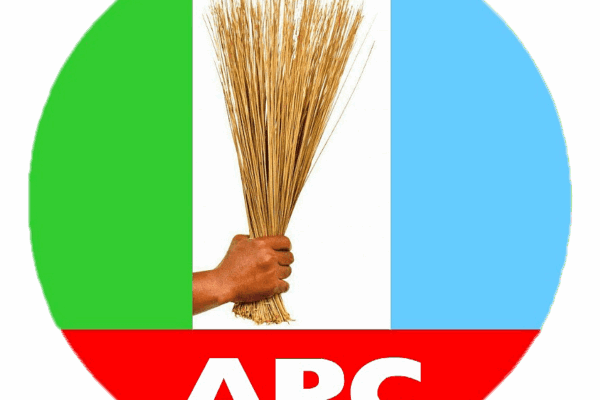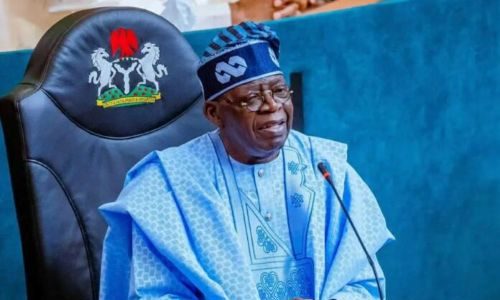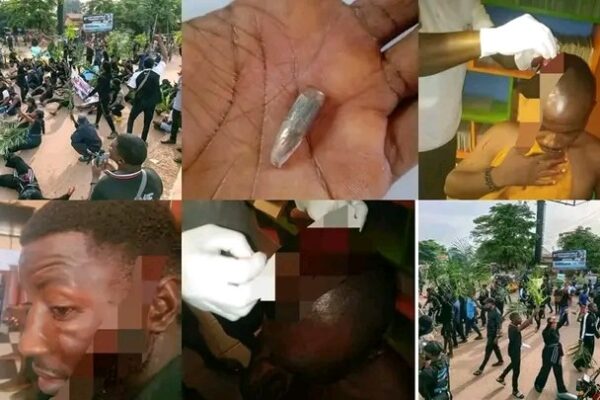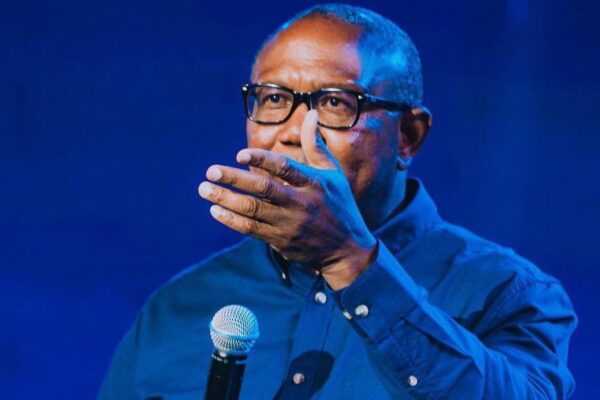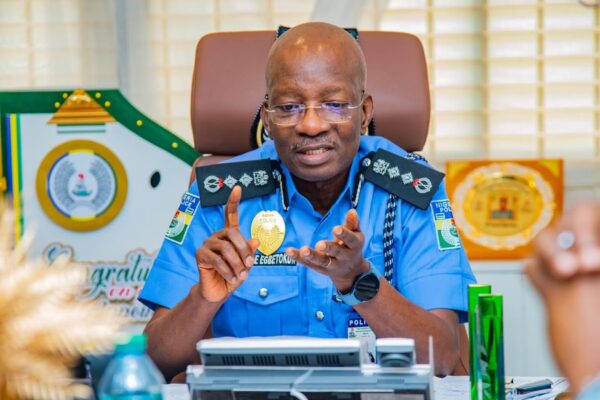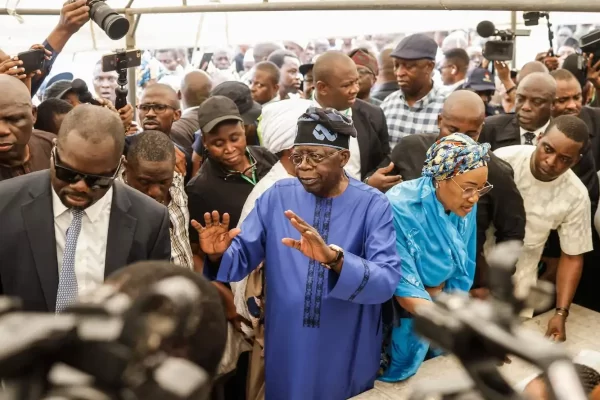
FCCPC Summons Air Peace Over Non-Refund of Cancelled Flight Tickets
Abuja, Nigeria — The Federal Competition and Consumer Protection Commission (FCCPC) has summoned the management of Air Peace Limited over mounting complaints from passengers alleging non-refund of ticket fares, even in cases where the airline cancelled scheduled flights. In a formal notice dated June 13, 2025, the FCCPC directed Air Peace officials to appear at its Abuja headquarters on Monday, June 23, 2025, to address allegations of consumer rights violations and increasing public outrage. The summons, signed by FCCPC Director of Corporate Affairs, Ondaje Ijagwu, noted that the airline’s actions may violate Sections 130(1)(a), 130(1)(b), and 130(2)(b) of the Federal Competition and Consumer Protection Act, 2018, which guarantee passengers a timely refund when a service provider fails to fulfil a booking or reservation. “These actions potentially contravene provisions that enshrine the principle of fair dealing and safeguard consumers against unfair, unjust, or unreasonable practices,” Ijagwu said in a statement issued Monday in Abuja. The Commission has also demanded detailed documentation from Air Peace, including: The FCCPC stressed that the summons was issued under Sections 32 and 33 of the FCCPA, with Section 33(3) specifically mandating compliance. Failure to comply, it warned, could attract serious penalties, including fines or imprisonment. While not directly referenced in the FCCPC’s statement, the development follows a public spat involving Senator Adams Oshiomhole and Air Peace staff, after the lawmaker accused the airline of racketeering and extortion. Oshiomhole claimed he missed a scheduled flight after arriving on time, alleging that airline officials demanded N109,100 from stranded passengers — himself included — to reschedule them to a later flight. According to the senator, 20 to 30 passengers were affected and witnessed preferential treatment for late arrivals who allegedly paid extra. Air Peace denied the allegations, insisting that the senator arrived late and was never extorted. The FCCPC’s intervention signals an escalation in regulatory scrutiny of Nigeria’s aviation sector, as passenger dissatisfaction continues to mount over flight disruptions, poor communication, and lack of accountability by domestic airlines.


